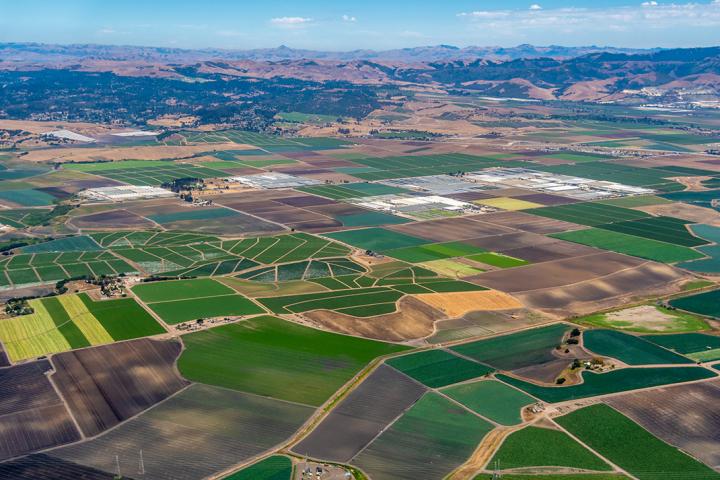Hydro-economic models (HEMs) to examine impacts of climate extremes in California agriculture. Key takeaways from the UCT-UCR seminar

California's farm economy relies on a complex, highly engineered water system that transfers water across regions with uneven runoff. In the presentation titled "Hydro-economic models (HEMs) to examine impacts of climate extremes in California agriculture," Prof. Josué Medellín-Azuara, Associate Director at the University of California (UC) Agricultural Issues Center and agronomist at UC Merced Agricultural Experiment Station, emphasised the importance of hydroeconomic models (HEMs). These models simulate the interactions between climate volatility, regulation and shifting crop patterns, offering valuable insights into water supply, cropping decisions and revenue impacts.
California's water challenges are becoming increasingly complex as climate change, population growth and shifting agricultural practices reshape the landscape. Long-term trends indicate growth in permanent crops, such as trees and vines, rising water demand and intensified pressures during drought years. Groundwater sustainability and strategic land management are critical for balancing economic and environmental needs. Hydro-economic models and policy tools can help address these issues while guiding better water use and adaptation strategies.
Key takeaways:
- Hydro-economic models (HEMs): These tools are essential for calculating environmental flows and ensuring groundwater sustainability, providing critical insights to shape effective water policies.
- Crop shifts and water consumption: The trend from perennial to annual crops reflects changing water demand. This raises the need to critically evaluate our food consumption patterns and their impact on water scarcity.
- Drought and coastal impacts: Recent droughts, wildfires, and water stress have significantly affected crop yields and productivity, particularly in coastal regions, highlighting the need for resilience strategies.
The Q&A session covered California's water management challenges, including drought impacts, socioeconomic effects on farm labour and communities and water rights issues. Speakers highlighted hydro-economic modelling to address water quality, crop salinity and labour dynamics, emphasising the need for sustainable, resilient solutions.
This presentation is part of the UCT-UCR Seminar Series: Water Economics and Politics, a joint initiative between the University of Cape Town (UCT) and the University of California, Riverside (UCR).
